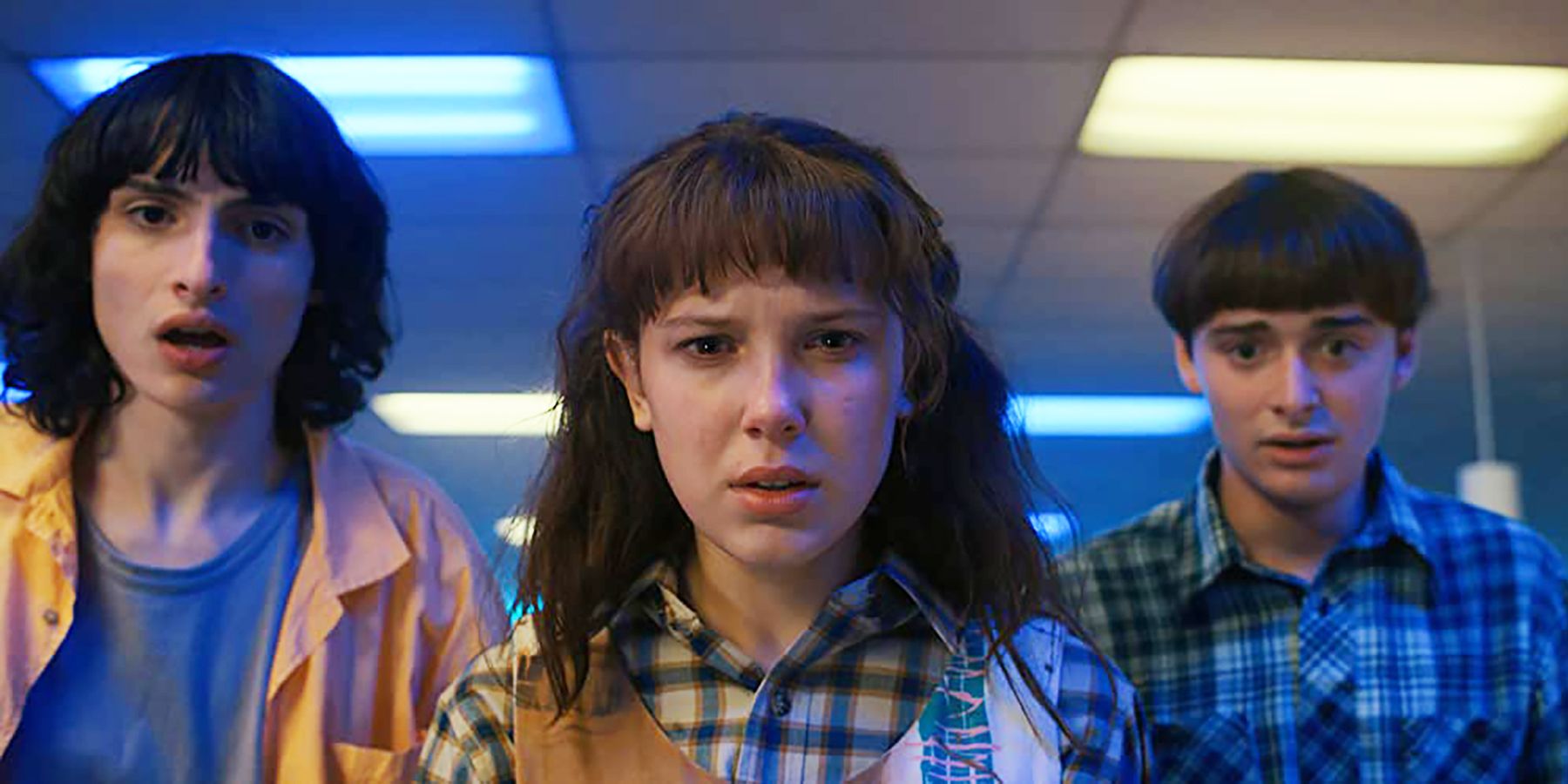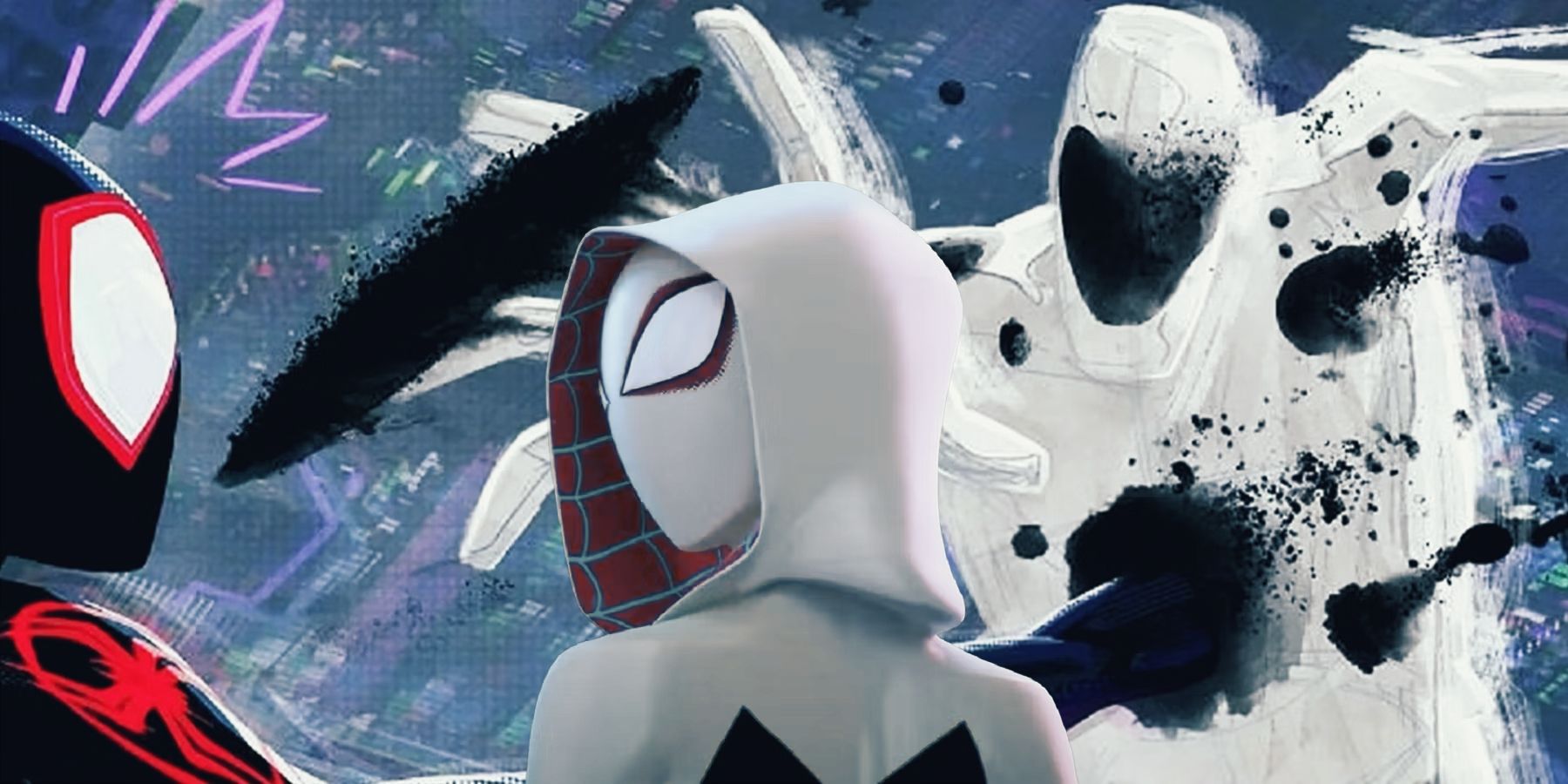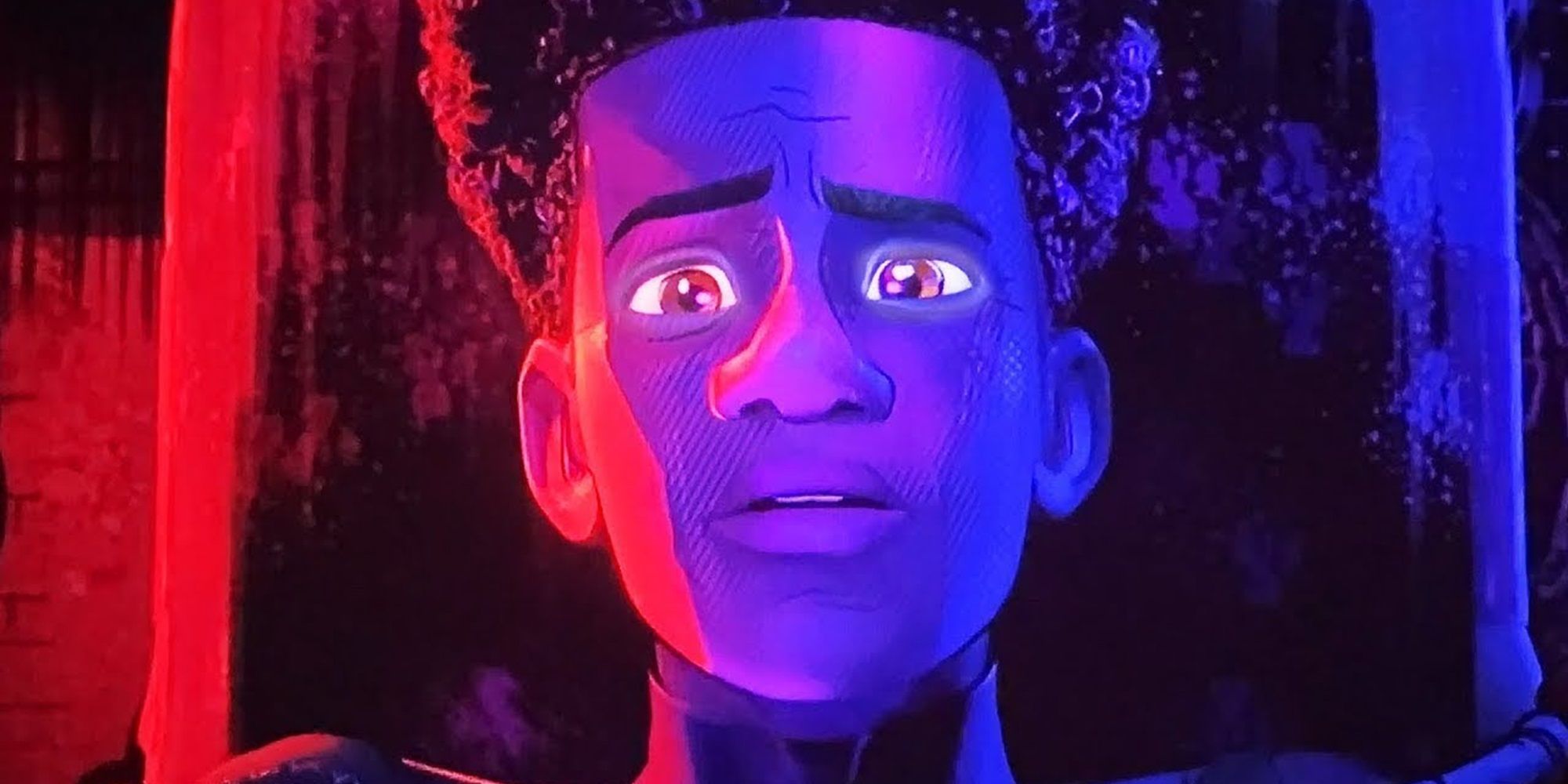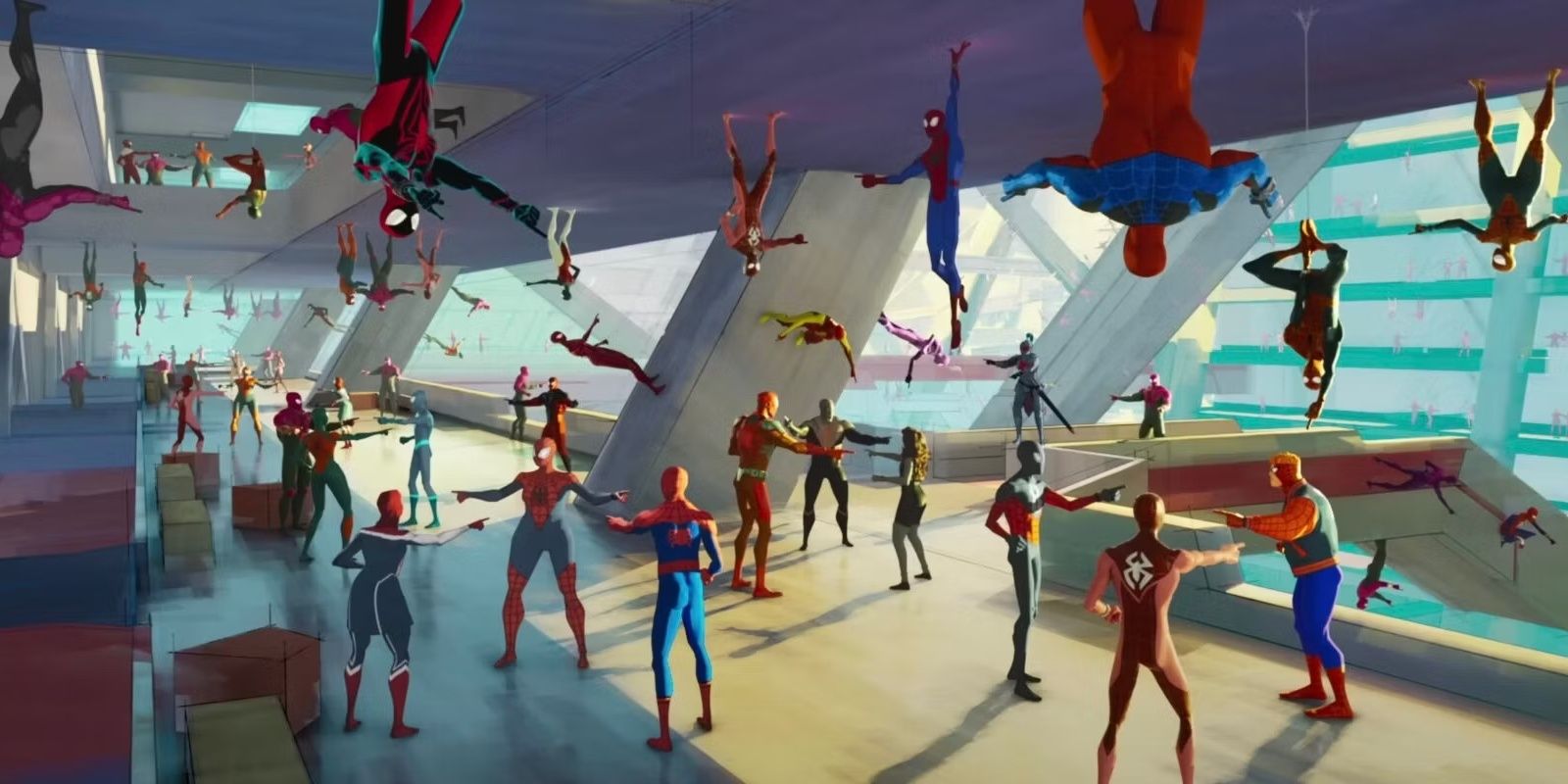Highlights
- Spider-Man: Across The Spider-Verse challenges the idea of adhering to canon events, suggesting that it can limit creative storytelling.
- Canon is important for fans in comics-to-film adaptations, but breaking away from it can introduce new and fresh elements to the story.
- The MCU should follow the example of Spider-Man: Across The Spider-Verse and break canon to explore different story possibilities and appeal to a wider audience.
Spider-Man: Across The Spider-Verse challenges the idea that the life of every Spider-Man should adhere to the Canon Events of the Spider-Verse as they occur. While any adaptation is open to the creative liberty of the filmmakers to tell the best story, familiarity and predictable mind-share are often motivators for fans to tune in. This makes the use of canon an incentive to increase the likelihood of fan approval.
Comic books adapted into films and television shows have the expectations of fans to live up to in terms of how the stories translate from page to screen, as well as the faithfulness of the adaptation. There are some trade-offs to diverging from the canon of the comics that can affect the success of film projects. But there's a lesson in Spider-Man: Across The Spider-Verse that the MCU could learn in regard to breaking canon.
The Importance Of Canon Across Comics And Films
There's vertical integration across MCU comics and films that allows storytellers to continue telling the stories of these characters from one medium to the next. Building upon the lore and fan base in each medium simultaneously, these canonical stories explore different aspects of the worlds and characters that may be better served in one format over another. But adapting stories from comics to films has the important task of catering to the established story arcs and conventions of the comics.
The comics are the source material of the films. Delivering on fan expectations through canonical films can introduce non-comic book readers to the medium without overwhelming them with having to read the extant publications. Marvel, however, has done well to canonize some of their otherwise divergent MCU projects into the domain of comics. This is a balanced approach to treating creative exploration of the source material onscreen. But, the established intellectual property in the form of comics still often dictates how much of the story is faithfully adapted onscreen.
Spider-Man: Across The Spider-Verse takes a meta approach to addressing the importance of canon in telling the story of these familiar characters. For some filmmakers and fans, canon may be too predictable and diminish the entertainment value of a story they are already familiar with. Whereas other fans crave the familiarity and desire to see the cinematic translation. Striking the balance between familiar and fresh has been achieved across the MCU to varying degrees of acceptance. Across The Spider-Verse, however, dares to posit the question whether these Canon Events should define the characters. Or, can Miles Morales rewrite his story, even if it's not Spider-Man canon?
Why The MCU Should Break The Canon Of Comics
It's a valid debate about whether Miles Morales can be considered a "true" Spider-Man variant among fans if he does not experience those Canon Events that fans have come to expect. Miles is a great hero, but only he should be the judge of who gets to define what it means to be Spider-Man for himself. Canon Events are becoming more so repetitive sign posts at this point, rather than a surprising element that adds value to the story. Beyond The Spider-Verse should continue the meta-narrative in respect of canon to reinforce the simple truth: Films are not comics, and filmmakers should have more liberty for creative license. It's almost as if Miles is speaking for filmmakers to all the canon advocates in Across The Spider-Verse:
"Everyone keeps telling me how my story is supposed to go. Sorry, I'm doing my own thing."
Spider-Man: Across the Spider-Verse has been well-received for its unique animation style and its story. The MCU can take a lesson from Miles and break away from the established canon to reimagine the stories of comic book characters with little to no adherence to canon. The comics are limited in their capacity to tell stories in the same way as cinema. Beginning with them as source material can thus stymie the possibilities of more character and genre-driven stories that eschew canon and superhero film conventions. Naturally, this increases the risk of failure; but the reward of fan-acceptance can always lead to retroactive comic book canonization later. That will reduce any undesired fragmentation in canon continuity.
Cinema is its own medium capable of successfully tackling superhero stories that depart from canon. While canon need not be entirely removed from the process, reliance upon it should be diminished to explore drastically different stories onscreen. In the MCU multiverse, these liberally adapted stories can simply be a part of the larger multiverse of variants, worse case scenario. Spider-Man: Across The Multiverse can set a definitive precedence in its sequel to validate Miles Morales' journey to break canon. And the MCU should follow down that same path.






